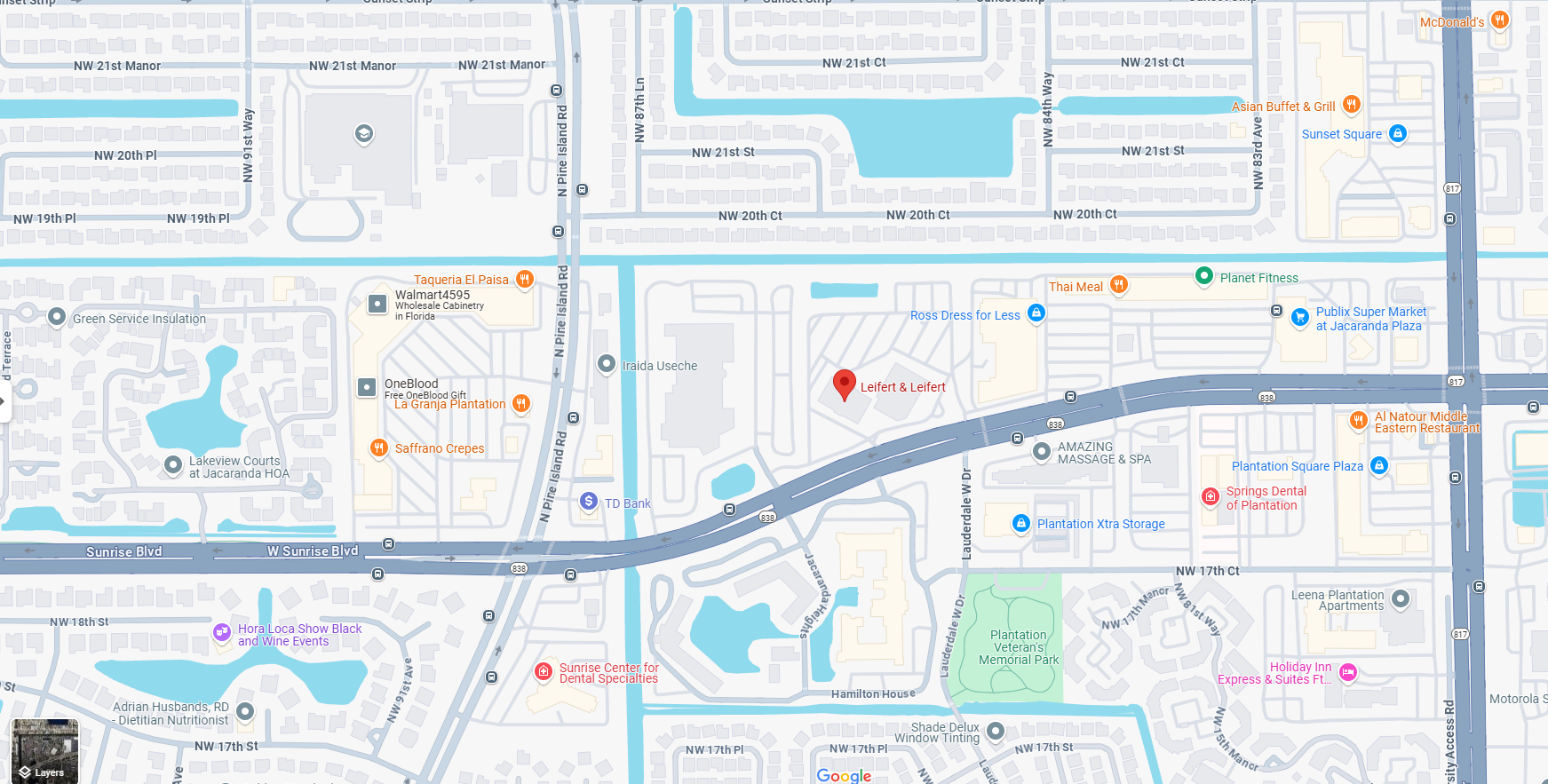It may surprise many people to learn that words alone can be enough to convict someone of solicitation. Those facing such charges will need to obtain the assistance of a skilled defense attorney as soon as possible.
If you have been charged with solicitation or another inchoate offense in Florida, Plantation solicitation lawyers can help you prepare a personalized defense and fight to secure the best possible outcome in your case.
What are Florida’s Solicitation Laws?
The legal term “inchoate” means incomplete or unfinished and encompasses a number of crimes. Florida Statutes Section 777.04 outlines inchoate crimes, which include conspiracy, attempt, and solicitation. Pursuant to this statute, a person can be prosecuted even if they did not complete the underlying crime. Under Section 777.04(2), solicitation occurs when a person asks earnestly or tries to induce another to commit a crime and in the course of the solicitation, commands, encourages, hires, or requests that another engage in specific conduct, which would constitute the commission of a crime or an attempt to commit a crime.
As with the crime of conspiracy, solicitation necessarily requires the involvement of a third-party. However, no agreement between the parties is necessary, only that the person intended to solicit another to commit a crime. If the person solicited does agree to commit the specific offense, the crime of solicitation merges into conspiracy.
Moreover, it is not required that the person accused of solicitation take any action in furtherance of the offense solicited. Simply put, if someone hires another person to commit murder, the fact that payment was never made would not prevent them from being convicted of solicitation.
What are the Possible Penalties for Solicitation?
The penalties for solicitation depend on the seriousness of the object offense, ranging anywhere between a misdemeanor and a felony.
Generally speaking, solicitation is charged one offense level and degree below the underlying offense for sentencing purposes. For example, solicitation to commit a capital felony, would be charged as a first-degree felony.
Solicitation Charges in Florida
Solicitation is always attached to a specific offense, which is sometimes referred to as the object crime. One of the most commonly solicited crimes in Florida is prostitution.
Under Section 796.07(2)(f), a person commits solicitation of prostitution when they induce, entice, or procure another to engage in prostitution, lewdness, or assignation.
Potential Defenses
It is an affirmative defense to a solicitation charge if, after soliciting a person to commit an offense, the accused persuaded the person not to commit the offense or prevented the commission of the offense under circumstances indicating a complete and voluntary renunciation of their criminal purpose. The person accused of solicitation must prove this defense by a preponderance of the evidence with the help of a Plantation solicitation lawyer.
The renunciation defense is not applicable if the offense solicited was not completed due to unforeseen difficulties, unanticipated resistance, was merely postponed to a later date, or the accused knew of circumstances that increased the likelihood of being caught.
Likewise, it is not a defense if the crime solicited was not carried out, that the other person refused to commit the crime, or that the person was unlikely to be successful.
Work with an Experienced Plantation Solicitation Attorney Today
Despite being an inchoate crime, solicitation is taken very seriously by Florida prosecutors. Plantation solicitation lawyers are here to discuss the specific circumstances of your case, explain your defense options, and protect your future by providing aggressive and experienced representation. Contact today to schedule a consultation.







